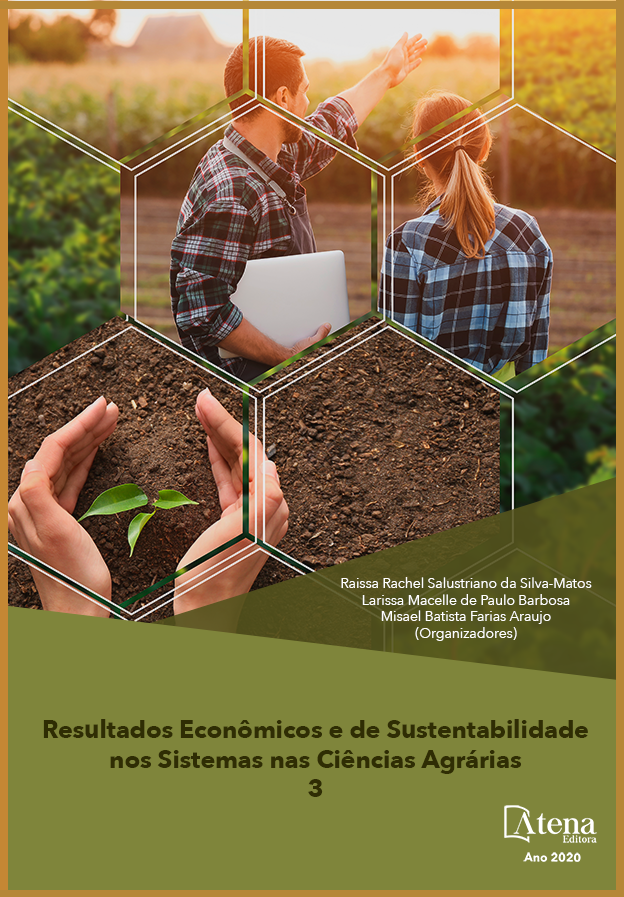
IMPACTOS NEGATIVOS DOS PESTICIDAS NAS COMUNIDADES DE ABELHAS
As abelhas são importantes para a produção de frutos e sementes, pois fazem a transferência de pólen entre as partes masculinas e femininas das flores. No entanto, nos últimos anos houve um aumento na preocupação na conservação dessas espécies, devido ao declínio de abelhas no ambiente. Um dos fatores responsável por tal fato, é o uso incorreto e excessivo de pesticidas, o que coloca em risco as colônias de abelhas que visitam áreas próximas das aplicações agrícolas ou que polinizam áreas de cultivo. Os pesticidas podem afetar diretamente as abelhas causando mudanças comportamentais, além de poder prejudicar o crescimento e a viabilidade por estarem expostas a vários resíduos de pesticidas quando estão forrageando, coletando pólen e néctar de plantas contaminadas e transportado esses resíduos para sua colônia. Com isso é importante a realização de boas práticas agrícolas para redução dos impactos negativos gerados pelos pesticidas nas abelhas. Entender o papel dos polinizadores como serviços ambientais dos ecossistemas é necessário à produção agrícola mundial e, portanto, à segurança alimentar, sendo fator-chave na sustentabilidade das gerações futuras. Com isso, torna-se evidente a importância de estudos para avaliar o real efeito dos inseticidas, fungicidas e herbicidas sobre as abelhas polinizadoras e suas consequências na conservação dessas espécies. Este capítulo traz informações sobre as áreas de criação de abelhas e espécies de abelhas presentes no Brasil; os efeitos dos pesticidas sobre as abelhas, os impactos negativos na agricultura pela redução das abelhas e boas práticas de manejo para redução do impacto gerado pelos pesticidas sobre as abelhas.
IMPACTOS NEGATIVOS DOS PESTICIDAS NAS COMUNIDADES DE ABELHAS
-
DOI: 10.22533/at.ed.76820111217
-
Palavras-chave: polinizadores; resíduos de pesticidas; contaminação
-
Keywords: pollinators; pesticide residues; contamination
-
Abstract:
Bees are important for the production of fruits and seeds, as they transfer pollen between the male and female parts of the flowers. However, in recent years there has been an increase in concern in the conservation of these species due to the decline of bees in the environment. One of the factors responsible for this fact is the incorrect and excessive use of pesticides, which puts at risk bee colonies that visit areas close to agricultural applications or that pollinate cultivation areas. Pesticides can directly affect bees causing behavioral changes, and can impair growth and viability by being exposed to various pesticide residues when they are foraging, collecting pollen and nectar from contaminated plants, and transporting these residues to their colony. This is important to carry out good agricultural practices to reduce the negative impacts generated by pesticides on bees. Understanding the role of pollinators as environmental services of ecosystems is necessary for global agricultural production and, therefore, for food security, being a key factor in the sustainability of future generations. Thus, it becomes evident the importance of studies to evaluate the real effect of insecticides, fungicides and herbicides on pollinating bees and their consequences on the conservation of these species. This chapter provides information on the areas of bee breeding and bee species present in Brazil; the effects of pesticides on bees, negative impacts on agriculture by reducing bees and good management practices to reduce the impact of pesticides on bees.
-
Número de páginas: 19
- Maura Gabriela da Silva Brochado
- Maiara Pinheiro da Silva Borges
- Kassio Ferreira Mendes


